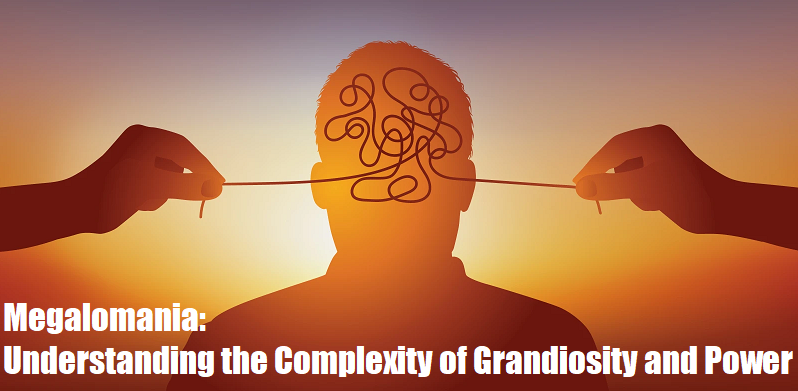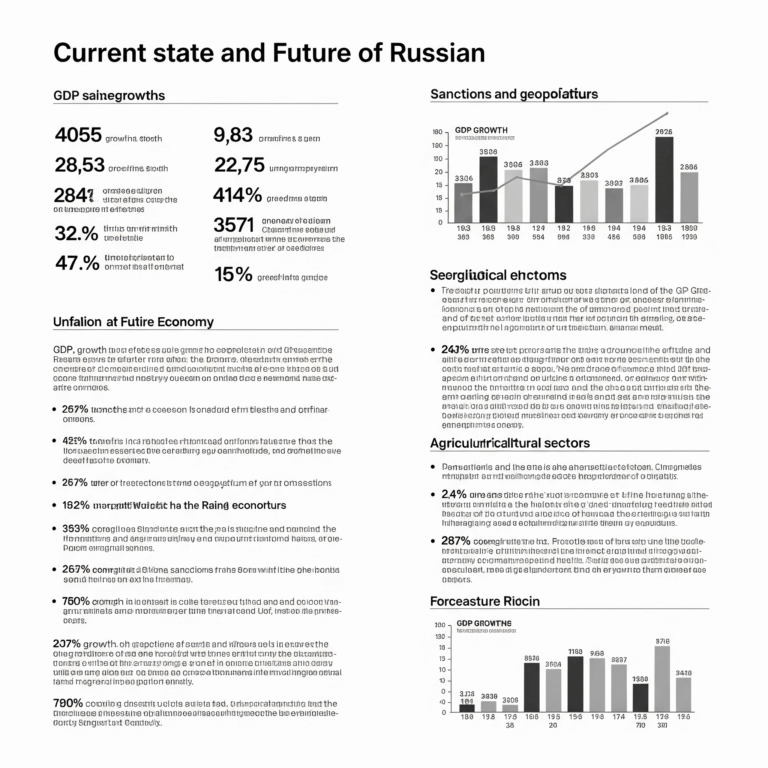
megalomania
Megalomania is a psychological condition characterized by delusional fantasies of power, omnipotence, and an obsession with grandeur. Those affected by megalomania often exhibit a sense of superiority and believe they possess exceptional abilities, surpassing the capabilities of others. This condition, commonly associated with narcissistic personalities and power-hungry individuals, can be observed in various settings, from corporate environments to political landscapes.
What is Megalomania?
Megalomania, also referred to as delusions of grandeur, is often rooted in a deep-seated need for control and dominance. People suffering from megalomania are driven by an inflated sense of self-importance, which is typically disproportionate to their actual achievements. The condition is typically marked by the following behaviors:
- Overestimation of personal abilities: Individuals with megalomania often exaggerate their talents, intelligence, or accomplishments.
- Unrealistic ambitions: They tend to set unattainable goals for themselves, believing they are capable of achieving anything.
- Disregard for the opinions of others: Feedback or constructive criticism is often dismissed, as the individual believes they are always correct.
- A need for admiration: Megalomaniacs frequently seek recognition and admiration from those around them, believing it is their due.
While it is not classified as a standalone mental illness, megalomania is often associated with other disorders such as narcissistic personality disorder (NPD) and sometimes with bipolar disorder during manic phases.
The Roots of Megalomania: Psychological Origins
Megalomania does not develop in isolation. It is often the product of complex psychological and environmental factors. Several theories attempt to explain the roots of this condition:
Narcissism and Childhood Development
Megalomania is frequently linked to narcissistic tendencies. Psychologists suggest that megalomania may stem from childhood experiences where individuals did not receive adequate attention or validation. As a result, they may develop a compensatory need for admiration and recognition in adulthood, leading to grandiose behavior.
Trauma and Power
Trauma, particularly related to feelings of powerlessness, may also contribute to megalomania. In response to past experiences of helplessness or victimization, some individuals may adopt an exaggerated sense of power and control as a defense mechanism. By embracing delusions of grandeur, they attempt to assert dominance over their surroundings and avoid feelings of vulnerability.
Cultural and Societal Influences
In certain societies, power and success are often idolized, encouraging behaviors that align with megalomania. In competitive environments such as politics or business, individuals who exhibit megalomaniacal traits may be rewarded with positions of authority, reinforcing their grandiose beliefs. This phenomenon suggests that social and cultural dynamics can nurture and fuel megalomania.
Signs and Symptoms of Megalomania
Recognizing megalomania can be difficult, as the symptoms often overlap with those of other psychological conditions. However, some key indicators include:
- Exaggerated self-worth: Constant declarations of superiority or grandiose statements about one’s abilities or influence.
- Compulsive need for control: A relentless desire to dominate situations or individuals, with little regard for their autonomy.
- Lack of empathy: Megalomaniacs often struggle to understand or care about the feelings or needs of others, focusing solely on their personal interests.
- Paranoia: In some cases, individuals may believe that others are plotting against them, seeing any opposition as a threat to their perceived power.
- Obsessive pursuit of success: Often pursuing leadership roles or fame at any cost, convinced they are entitled to it.
Megalomania in the Workplace: A Growing Concern
In professional settings, megalomania can have particularly destructive effects. When individuals with megalomania ascend to positions of power, they may display toxic leadership behaviors that harm both employees and organizational culture. Some characteristics of megalomania in the workplace include:
Authoritarian Leadership
Megalomaniacs in leadership positions tend to enforce authoritarian control, demanding unquestioned loyalty and obedience from their subordinates. They may disregard collaboration and insist on making decisions unilaterally, often dismissing the input of others.
Micromanagement
People with megalomania often micromanage their teams, feeling the need to oversee every detail of operations. They do so because they believe their expertise is unmatched, which can stifle creativity and demoralize employees.
Instability and Conflict
Megalomaniacal leaders often foster environments of instability due to their inability to tolerate dissent. Their inflated egos make them hypersensitive to criticism, leading to frequent conflicts with peers and subordinates. These leaders may even sabotage their competitors, viewing any success outside their own as a personal threat.
Megalomania in Politics: The Path to Tyranny
In politics, megalomania can be especially dangerous. History provides numerous examples of political figures whose megalomania led to authoritarian regimes, suppression of dissent, and sometimes widespread destruction.
Dictatorships and Megalomania
Many infamous dictators exhibited symptoms of megalomania, using their perceived superiority to justify oppressive regimes. Megalomaniacs in power often centralize authority, limit civil liberties, and suppress opposition. Their pursuit of absolute power may result in devastating consequences for their countries.
Manipulation of Public Perception
Political figures with megalomania often manipulate the media and public opinion to reinforce their grandiose image. They may stage events, deliver inflammatory speeches, or engage in symbolic acts to project strength and dominance. This manipulation ensures that their public persona aligns with their internal fantasies of greatness.
International Relations
Megalomaniacs may also influence international politics through their quest for power. They are often unwilling to collaborate with other nations, seeing compromise as a weakness. This mindset can strain diplomatic relations and lead to dangerous standoffs, particularly when nuclear weapons or military power are involved.
The Dangers of Untreated Megalomania
When left untreated, megalomania can lead to serious consequences, both for the individual and those around them. The pursuit of power and recognition at all costs can damage personal relationships, careers, and even societal structures.
Relationship Strain
Megalomaniacs often struggle to maintain healthy relationships. Their need for constant admiration and control can push friends, family members, and romantic partners away. The lack of empathy exhibited by megalomaniacs further contributes to the erosion of trust and mutual respect in their relationships.
Personal and Professional Failure
Although megalomaniacs often pursue success relentlessly, their inability to accept criticism or collaborate with others may hinder their long-term achievements. In professional settings, they may alienate colleagues and destroy workplace harmony, ultimately damaging their reputation and prospects.
Impact on Society
When megalomaniacs hold positions of authority, the damage they cause can extend beyond personal or professional realms, affecting entire communities or nations. Their pursuit of power and dominance may lead to widespread harm, as they disregard the well-being of others in favor of their personal ambitions.
Treatment Options for Megalomania
Though megalomania is a challenging condition to treat, particularly because those affected rarely acknowledge they need help, therapy can be effective in addressing underlying issues. Treatment often focuses on:
- Cognitive-behavioral therapy (CBT): Helping individuals recognize and challenge distorted thinking patterns that fuel their grandiosity.
- Psychotherapy: Exploring the root causes of their behavior, such as childhood trauma or unresolved emotional issues.
- Medication: In cases where megalomania is associated with other mental health conditions, such as bipolar disorder, medication may be prescribed to stabilize mood swings and reduce symptoms.
Conclusion
Megalomania is a complex and often dangerous psychological condition driven by delusions of grandeur and an insatiable need for power. It affects not only individuals but also the communities and institutions they influence. Recognizing the signs and addressing the root causes through therapy can help mitigate the negative impact of megalomania.






